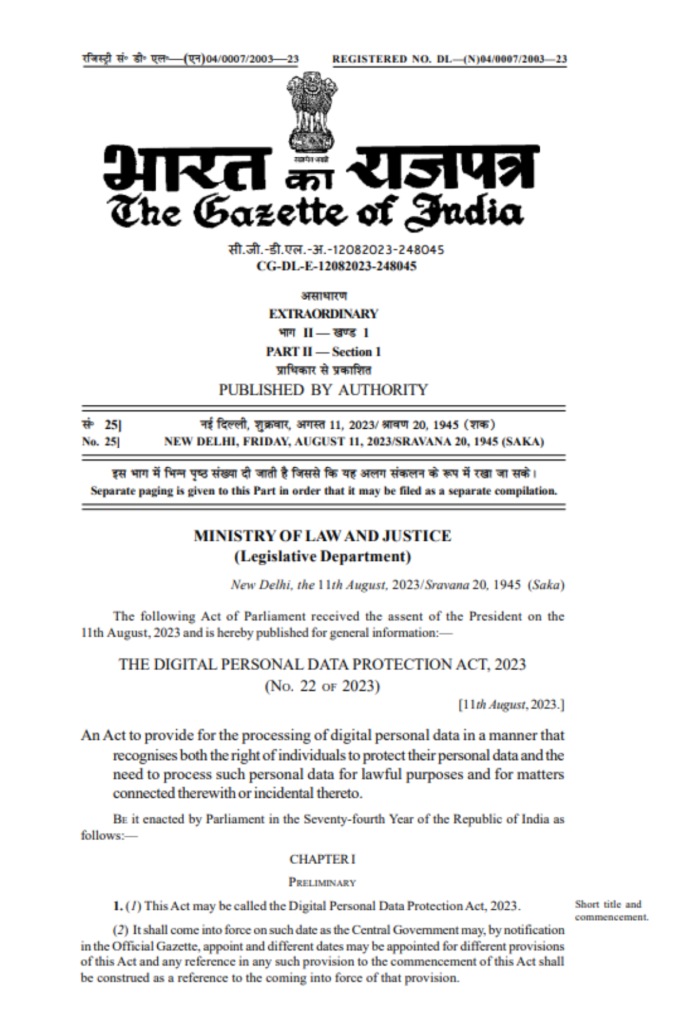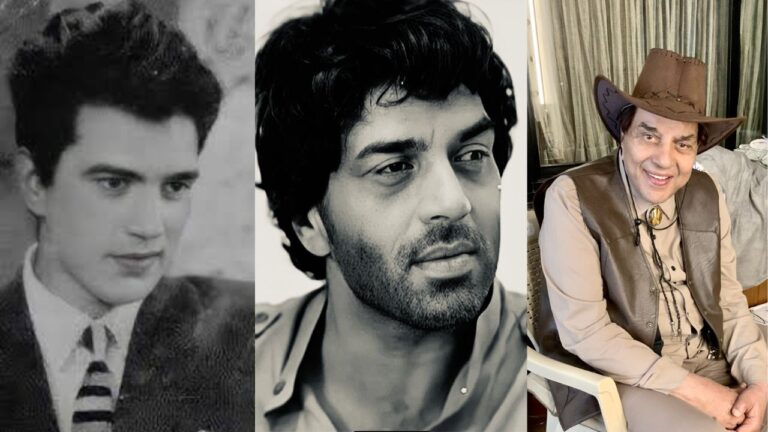
Digital Personal Data Protection Act is a World-Class Legislation: MoS Rajeev Chandrasekhar
Union Minister of State for Skill Development & Entrepreneurship and Electronics & IT, Rajeev Chandrasekhar, engaged in a productive dialogue with students, startups, and prominent citizens in Bengaluru on Saturday, shedding light on the evolution of the pioneering Digital Personal Data Protection Act.
The minister took the audience through the legislation’s inception, tracing its path from conception to its current status as a law. This journey began in 2010 when he introduced the notion of privacy as a subject for parliamentary discourse during the UPA era.
Rajeev Chandrasekhar lauded the Data Personal Data Protection Act as a globally commendable piece of legislation. He highlighted an intriguing aspect of Prime Minister Narendra Modi’s forward-looking vision, characterized by the term ‘techade,’ symbolizing a future brimming with technological prospects for the youth who will shape tomorrow’s workforce.
Reflecting on the past, the minister reminisced about 2010 when he, as an MP, tabled a private members’ bill, seeking the recognition of privacy as a fundamental right. Regrettably, the government of that period did not deem this discourse necessary, thereby leaving citizens’ personal data open to exploitation.
In a comprehensive discussion, Rajeev Chandrasekhar elucidated how this law harmonizes with the broader mission aligned with Prime Minister Narendra Modi’s aspirations. This overarching vision aims to establish contemporary and pertinent laws tailored to India’s unique requirements, along with stipulating platform responsibilities.
Anticipating the imminent companion legislation known as the Digital India Act, set to replace the 22-year-old IT Act, the minister articulated the Act’s ambit, encompassing the entire technology ecosystem. He emphasized that earlier conversations surrounding data privacy in India used to revolve around the General Data Protection Regulation (GDPR), reflecting a tendency to regard foreign models as superior.
In a departure from this trend, India opted for an indigenous approach, designing a bill from the ground up, driven by the needs of its 830 million internet users—a number expected to surge to 1.2 billion by 2025-26, solidifying India’s status as the world’s most connected nation. Rajeev Chandrasekhar stressed the importance of India establishing its own technology standards, rather than borrowing from the EU or the US.

Underscoring the government’s unwavering commitment to safeguarding citizens’ personal digital data, the minister underscored the critical role of substantial penalties. These penalties are poised to compel industries and platforms to adhere scrupulously to the provisions of the law.
Rajeev Chandrasekhar remarked, “This law heralds a new era. We shall grant companies and industries a transitional period. With this law, the era of misuse, exploitation, and the belief that Indian citizens lack rights, shall come to an end. This bill stands as a pivotal milestone in fostering the innovation ecosystem, as it eradicates any ambiguity about an entity’s obligations when privacy is acknowledged as a fundamental right. In the unfortunate event of a citizen’s data breach, they need only visit the designated website, furnish the data protection board with relevant details, and the board will initiate an inquiry, subsequently imposing penalties on the erring platforms. These penalties are designed to be stringent, thereby incentivizing platforms to exercise responsibility.”
The event, titled “SansadDhvani,” serves as a dynamic platform for citizen engagement, spearheaded by Tejasvi Surya, Member of Parliament from Bengaluru South and National President of The Bharatiya Janata YuvaMorcha.
During the course of the day, MoS Rajeev Chandrasekhar also held a meeting with distinguished environmentalist Shalumaradha Thimakka at the Apollo Hospital. Recognized with the Padma award, she has made an indelible impact through her remarkable feat of planting over 8,000 trees in Karnataka.






